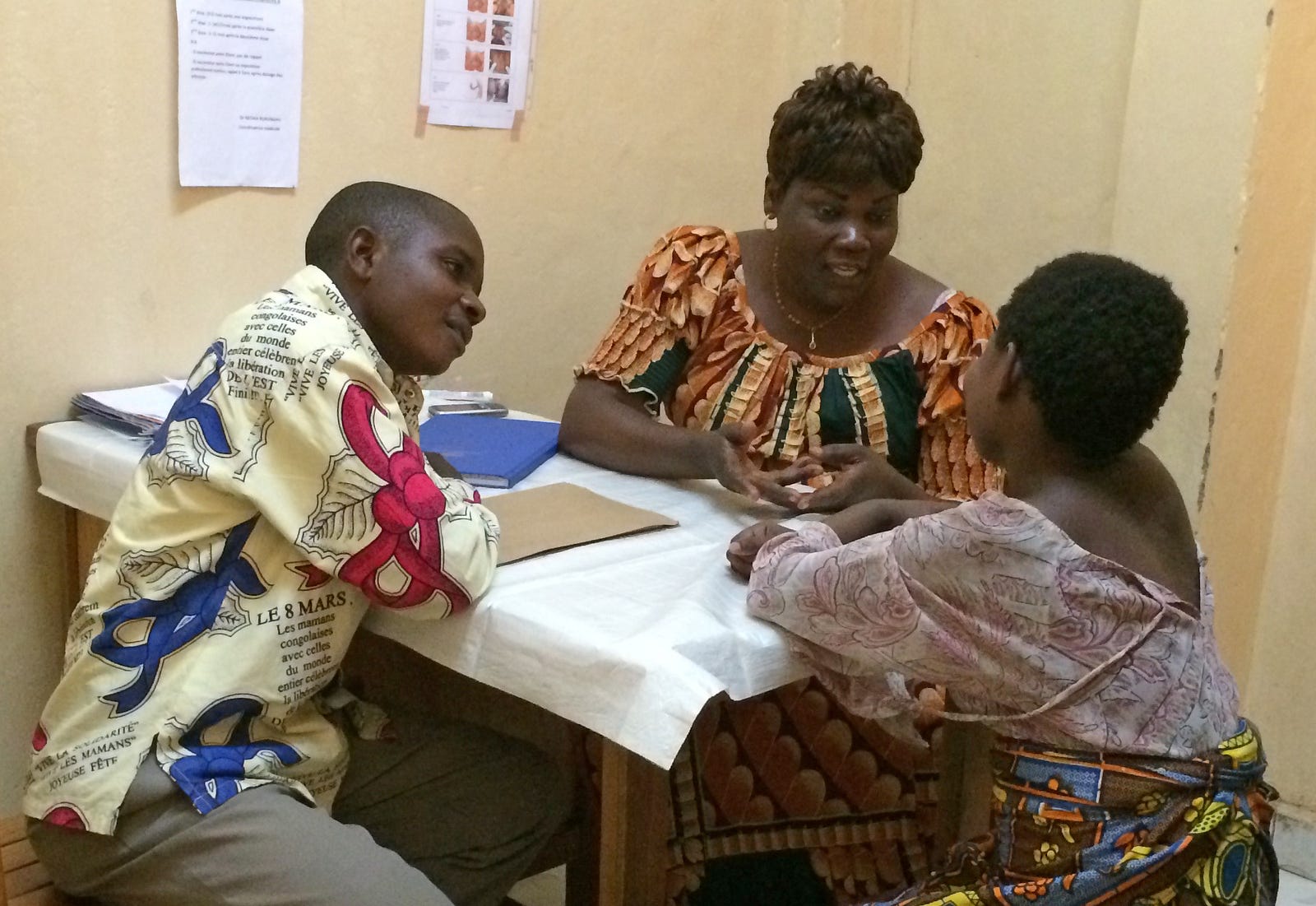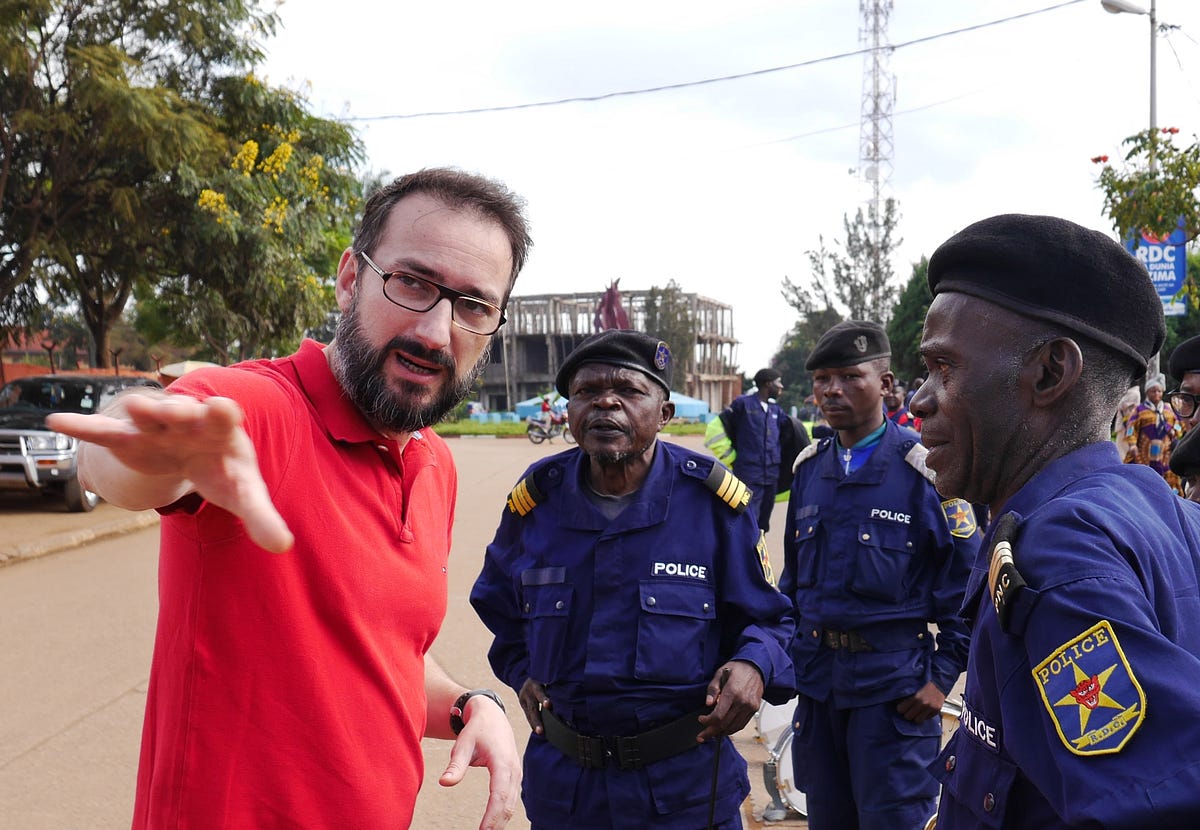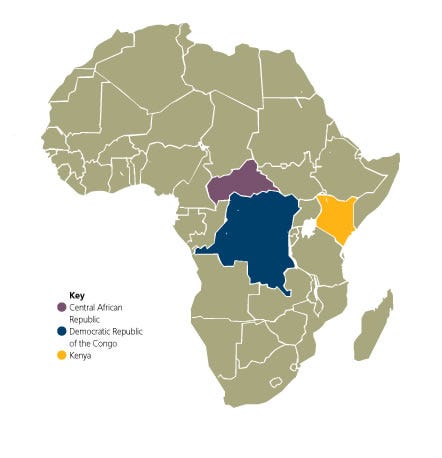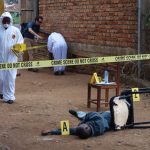“I found Adela* lying in the road, severely injured and near death. She had been captured by an armed group when she was only nine or ten, and enslaved, raped, and physically attacked over the course of ten years. She was so traumatized that she was unable to speak.
“Before, someone like Adela would have been brought into the police station for a very short interview — a half hour of direct questions. That’s all. But many sexual violence cases in the Democratic Republic of the Congo (DRC) were being thrown out, because many survivors couldn’t give evidence in those circumstances.
“PHR trains responders on how to interact with survivors, how to listen to them and gain their trust. I worked on the case of Adela for many months with Gloire Bamporiki and Honorata Uvoya, two investigators we trained from the sexual violence unit of the police force in South Kivu, DRC. At first, Adela couldn’t talk to the investigators. But Gloire and Honorata visited her every single week in the hospital. They took the time, they were patient, they listened to her when she was ready to speak. And finally she did.
*not her real name

“I see this kind of big change among the people that we’ve trained, how they interact with and relate to survivors. Now they’re able to be more patient in their investigation. I’ve also had good feedback from prosecutors, who are using the same methods to interview survivors. They’re better able to understand the psychology of survivors, to communicate with them, and to listen to them — and, as a result, they’re better able to protect the survivor once the case gets to court. They can explain why a survivor might not be able
to speak, why she might not be able to identify a perpetrator, why she might have taken six months to come forward — and all this helps the case and improves a survivor’s chance of securing justice.

“Today, the justice system in South Kivu is much more operational than it was
before. We’ve done a lot of education. And perpetrators see that they will be
prosecuted and convicted — that they can’t rape with impunity.”


